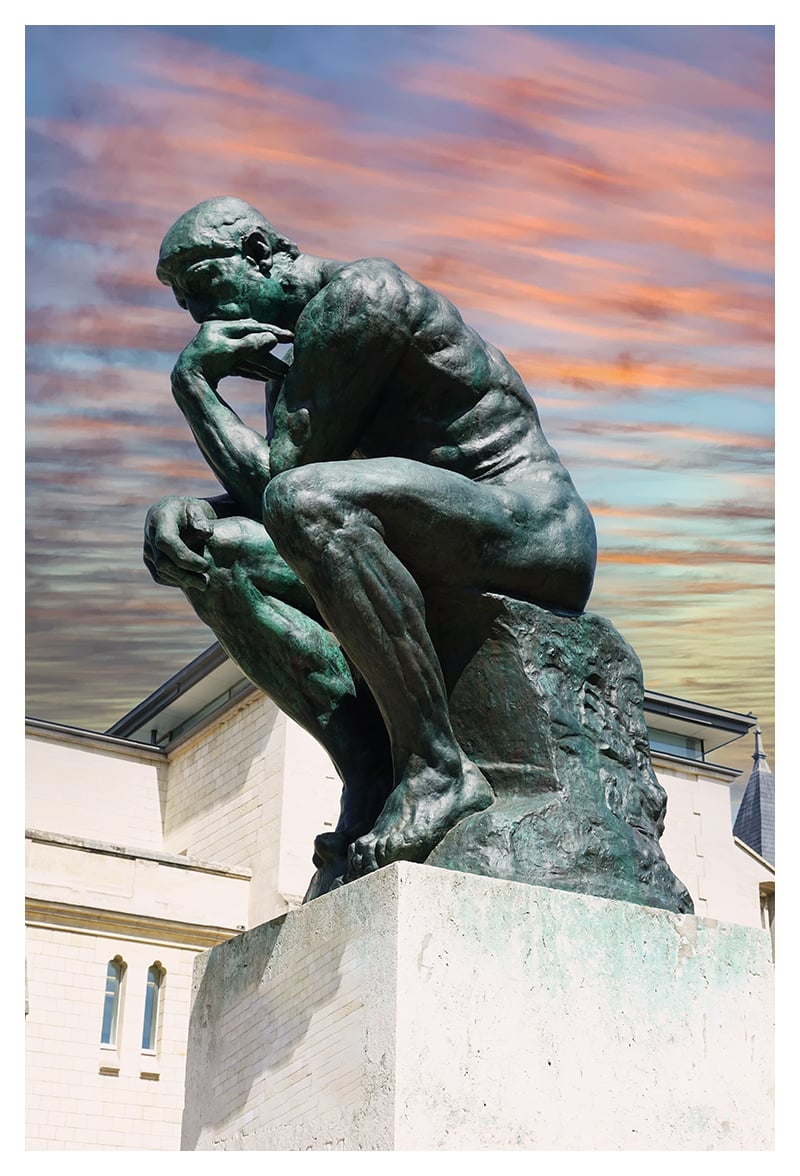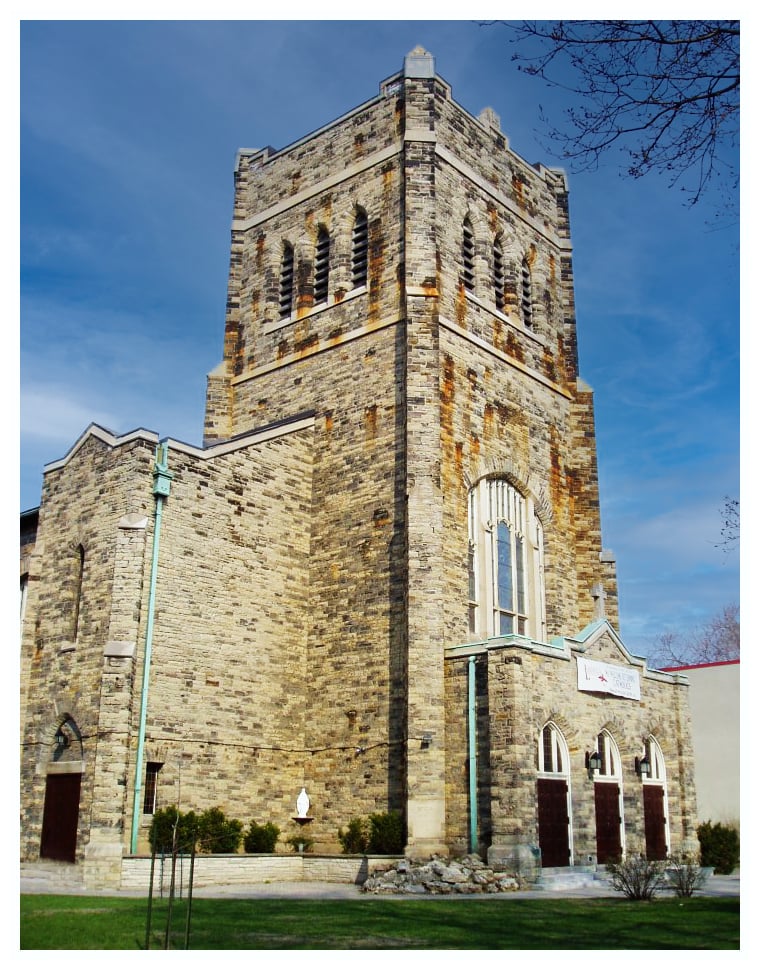- Home
- Our Community
-
Offices & Ministries
- Administrative Offices (A-N)
-
Administrative Offices (O-Z)
- Planning, Properties & Housing
- Public Relations & Communications
- Research
-
Spiritual Affairs
- Home
- Churches and Ecclesial Communities with valid Baptism
- Registration Forms for Baptism, First Holy Communion, Confirmation, and RCIA
- Marriage Preparation
- Celebration of Holy Mass Outside of a Sacred Space Protocol
- Exorcism Protocol
- Healing Service Protocol
- Visiting Clergy-Laity Protocol
- Selected Pastoral Notes on Sacraments and Sacramentals
- Faculties for Clergy
- Temporal Affairs
- Western Bishops Office
- Volunteer Screening
- Pastoral Ministries
- Outreach in Justice & Love
- Our Faith
- Outreach
- Contact Us
- Search

May the Lord Jesus grant that you may soon receive his word with your ears and profess the faith with your lips, to the glory and praise of God the Father
This reflection based on the readings for the Twenty-third Sunday in Ordinary Time—Year B: Isaiah 35: 4-7a, Psalm 146, James 2: 1-5, and Mark 7: 31-37.
There is a man, by the name of Winston, whom you will often find sitting on the rock in front of St. Peter’s Church. Much like the man in the famous statue called The Thinker, Winston does a lot of thinking. Winston is a person who has been homeless and lived for many years on the streets of our city. Often Winston transports all of his belongings in two or three different grocery carts. He frequently attends the parish’s Winter Welcome Table Program in the Winter. I think Winston reads all of the newspapers that are published in the city and knows about the political situation around the world. Although I do not think that Winston is Catholic, I like to think of Winston as the parish philosopher. He is keenly concerned for justice and desires a solution to many of the world’s problems. When Archbishop Leo visited the parish, he and Winston discussed at length many of the problems and challenges in the world today. Winston, as I believe most of us do, would love to see a world without poverty, war, suffering and injustice. 
One of the questions that Winston frequently raises with me as I stand out front of the church after Mass is, “Why are Catholics doing so little to change the world?” Winston is of the mind that if Catholics actually spoke up and listened to what the Church taught on justice and peace, the world would be different and better place. He frequently asks me if the Pope or bishops have said anything about justice, poverty, homelessness, war or medical assistance in dying. When I assure him that they have indeed spoken out very clearly on these issues, he will often express a disbelief that so few people act on these teachings and do so little about them.
Let me just use our conversation from last week as an example. Before I recount that conversation, let me say that Winston gave me his permission to use his name and speak about him. Several months ago, Winston was the first person who spoke to me very seriously about the danger that medical assistance in dying presented to different classes of persons in our society. During that conversation, Winston showed me a few articles from different papers which recounted how many poor people were considering medical assistance in dying because they could not face the plight of being homeless or living on the streets. Some people were so afraid of going into the shelter system that these newspaper articles reported that they were considering medical assistance in dying as the preferable option. Winston raised the issue with me again last Sunday and spoke of the importance of Catholics letting members of parliament know their concerns about this option being more available to vulnerable persons. He believes that vulnerable persons will be forced into considering this as the easy option to difficult situations. In fact, he actually at one time suggested that the government was making medical assistance in dying an easy option in the hopes that it would save money as poor and vulnerable persons chose this option. Winston said to me, “You have to let people know about this so that they will speak out.”
If Winston’s statement were to become a reality, two things would be required of Christians: 1) That Christians know the issues and what the Church teaches on them; and 2) That they would have the courage to speak out in the public form about them. To put this in a more theological perspective, it would require that Christians would be prepared to live the prophetic nature of their baptisms.
There is a prayer that is part of the Rite of Baptism for Infants. It is taken from this Sunday’s Gospel and is known as the Ephphetha Prayer. It goes like this: “May the Lord Jesus, who made the deaf to hear and the mute to speak, grant that you may soon receive his word with your ears and profess the faith with your lips, to the glory and praise of God the Father. Amen.” The prayer is asking that the newly baptized person might hear God’s Word and recognize its significance and give it authority in his/her life so that he/she will act upon it and profess his/her faith in their daily life. This is a call to learn about and know our faith and to see the importance to acting upon it and speak about it. This is a responsibility for all Christians and I would like to say something about this today.
The first part of this prayer refers to hearing and receiving God’s Word. Every Christian is responsible for his/her faith formation. We must all make sure that we have an informed conscience and that we understand the Church’s teachings on the different issues facing ourselves and our world. Because there are so many issues of importance today, that Jesus could not have spoken about, one of the responsibilities of the Magisterium of the Church that He established is to reflect upon Christ’s teachings and articulate Christ’s teaching in the world today. Jesus did not speak about many of the issues facing our world today. However, the answers to these problems are contained in Scriptures and the Church articulates those answers in her teachings today. The Compendium of the Church’s Social Teachings and the Catechism of the Catholic Church summarize many of these teachings and more recent Papal teachings develop Church teaching on crucial issues today. Pope Francis’ Laudato si and Laudato Deum are two very important documents on the environment and care for our common home that speak to the issues confronting our environment - issues that did not face Jesus and His contemporaries. As Catholics we have an obligation to know something about these teachings. Sometimes our parish may offer talks on these issues, but when they do not, or we miss the talk, we are responsible for finding other ways of learning about what the Church teaches so that we might live our faith in an informed manner. Just as an example, there is a wonderful short animated film available online that summarizes Laudato si in a way appropriate for adults and children. While there are things of concern on the internet, there are also wonderful resources for any who seek them.

The second part of this prayer is a little more challenging because it calls us to profess our faith. Baptized Christians are called to exercise their priestly, prophetic and kingly vocation by professing their faith in the world. This means that we are called to vote in accordance to our conscience as informed by the Church’s teaching. In our workplace, schools and homes, we should know our faith well enough that we can defend it and speak about it. So many people are frightened, concerned and anxious in the world today. As Christians we should be confident to speak about how our faith makes a difference in our lives and what Jesus offers to the world today. As I have been suggesting throughout the summer as we prepare to start the Rite of Christian Initiation of Adults (RCIA), we should all be inviting people to consider learning more about our faith and encouraging non-Christians to consider baptism. And in keeping with Winston’s concern, we should be writing our politicians when they are introducing legislation that threatens to harm vulnerable persons in our society. And so very concretely, I would ask you to write our local politicians to ask that they not allow medical assistance in dying to become an option widely available to vulnerable persons who might be pressured into this tragic option by family or the difficulty of their circumstances. There are far more human solutions to the problems facing the vulnerable and part of our responsibilities as Christians is to work for a society that finds those humane solutions. Christians are to act in the world to build the Kingdom of God according to Gospel values.
I am grateful for the service that Winston provides me and other members of our community. He asks an important question that all of us should take seriously. Winston, our parish philosopher, challenges each of us to ask ourselves what our faith teaches and whether it is making a difference in our lives and in the world in which we live. Christians and Catholics still make up a significant portion of our population. What difference is that making?
Perhaps there would be a difference if we all prayed and acted on the prayer that was said over our ears and mouths on the day of our baptisms: “May the Lord Jesus, who made the deaf to hear and the mute to speak, grant that you may soon receive his word with your ears and profess the faith with your lips, to the glory and praise of God the Father. Amen”
Fr. Michael McGourty is Pastor of St. Peter’s Church in downtown Toronto.

